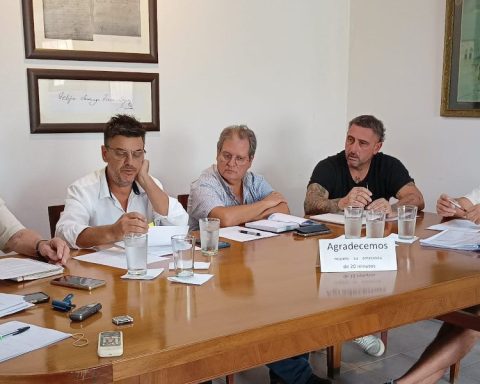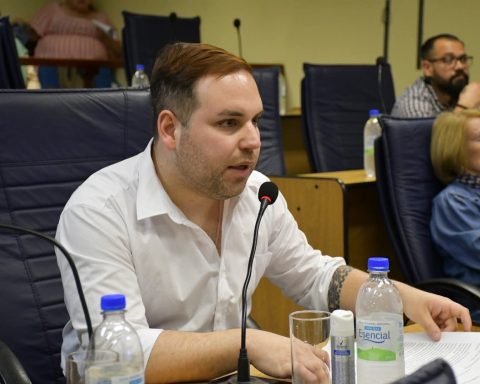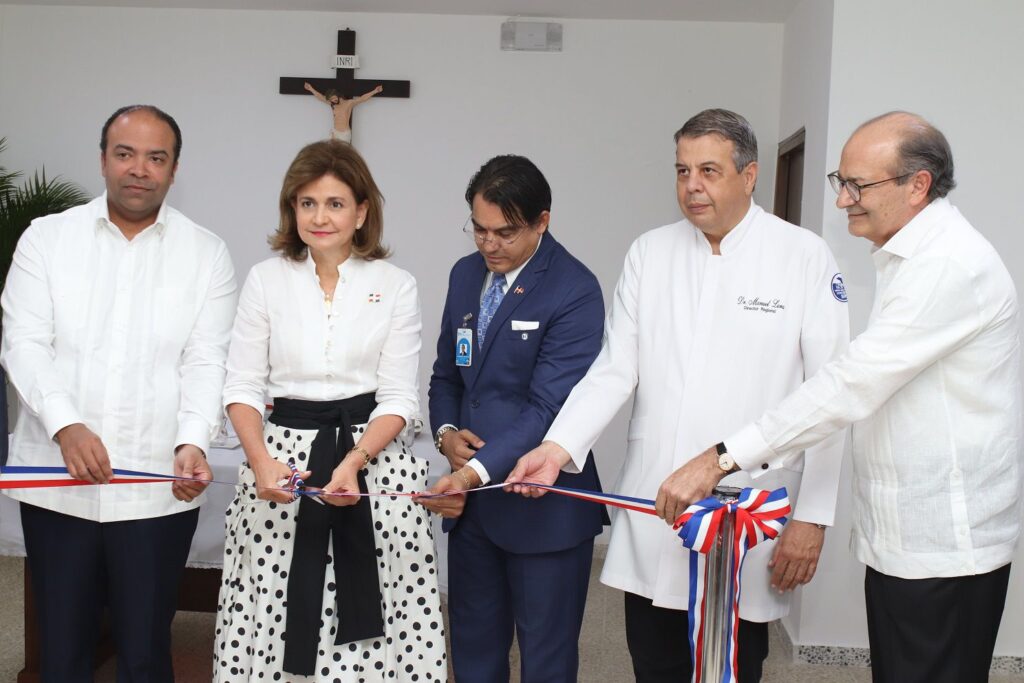The government reaches the middle of its mandate with the lowest approval since Luis Lacalle Pou assumed the Presidency. The administration begins its second term of office this week and does so with a positive approval balance (there are more who approve than those who disapprove), but with a downward trend.
According to the last Option consultant survey, 41% of Uruguayans of voting age consider the government management “good” or “very good”. At the opposite extreme, 27% consider this management as “bad” or “very bad”. While, halfway through, 30% maintain an indifferent position (“neither good nor bad”).
Approval is down 10 percentage points so far this year. That fall, according to the report presented by the consultant on channel 4, is largely explained by a change of opinion among the ruling electorate.
At the beginning of that year, 85% of the voters of the multicolored coalition approved of the management of the government headed by Lacalle Pou. In the last fortnight of August this percentage dropped to 67%.
Among the Frente Amplio population, disapproval of the government has exceeded approval since the end of 2020. Even in the last quarter there was a slight improvement in the balance (always in negative figures).
In any case, the Option report highlights that the balance is positive and that since the democratic recovery, only the first two Frente Amplio governments had reached the middle of the government with more approval than disapproval. “Comparatively, the approval records of the current government continue to be among the highest in the period after the democratic recovery,” says the consultant.
Will the approval of the current government have touched or will it be close to your floor? “Judging from the evidence of past administrations, this could be a possibility in the absence of extraordinary factors. During the three previous governments (all of them wide front), the approval floors were registered just in the middle of the term and all of them recovered their image (to a variable degree) during the final stretch of the mandate”, says the Option report.
The approval of the presidents –regardless of who they are and with few exceptions– usually draws an inverted wave. At the beginning of the government it is on the crest (in the case of Lacalle it was with an approval of 61% in the total electorate), and the positive balances are maintained for a few months that political scientists call them “honeymoon”. Then comes a decline that is accentuated in the middle of the mandate. And finally there is a rebound that, with some exceptions, never reaches the peak at the beginning of the administration.
“In the current government, general management approval was invariably above economic management approval. This suggests that Uruguayans weighed additional aspects when evaluating the government as a whole. The qualitative evidence is also in line with this hypothesis, given that the government’s management of the pandemic has been and continues to be the most outstanding positive management attribute,” explains the consultant.
But, once the health emergency is over, the evaluation of general management and economic management seem to be converging. Therefore, everything indicates that public opinion is beginning to behave in a similar way to what happens in any government and the progress of the economy could affect the perception of management at the level of the entire administration.
















